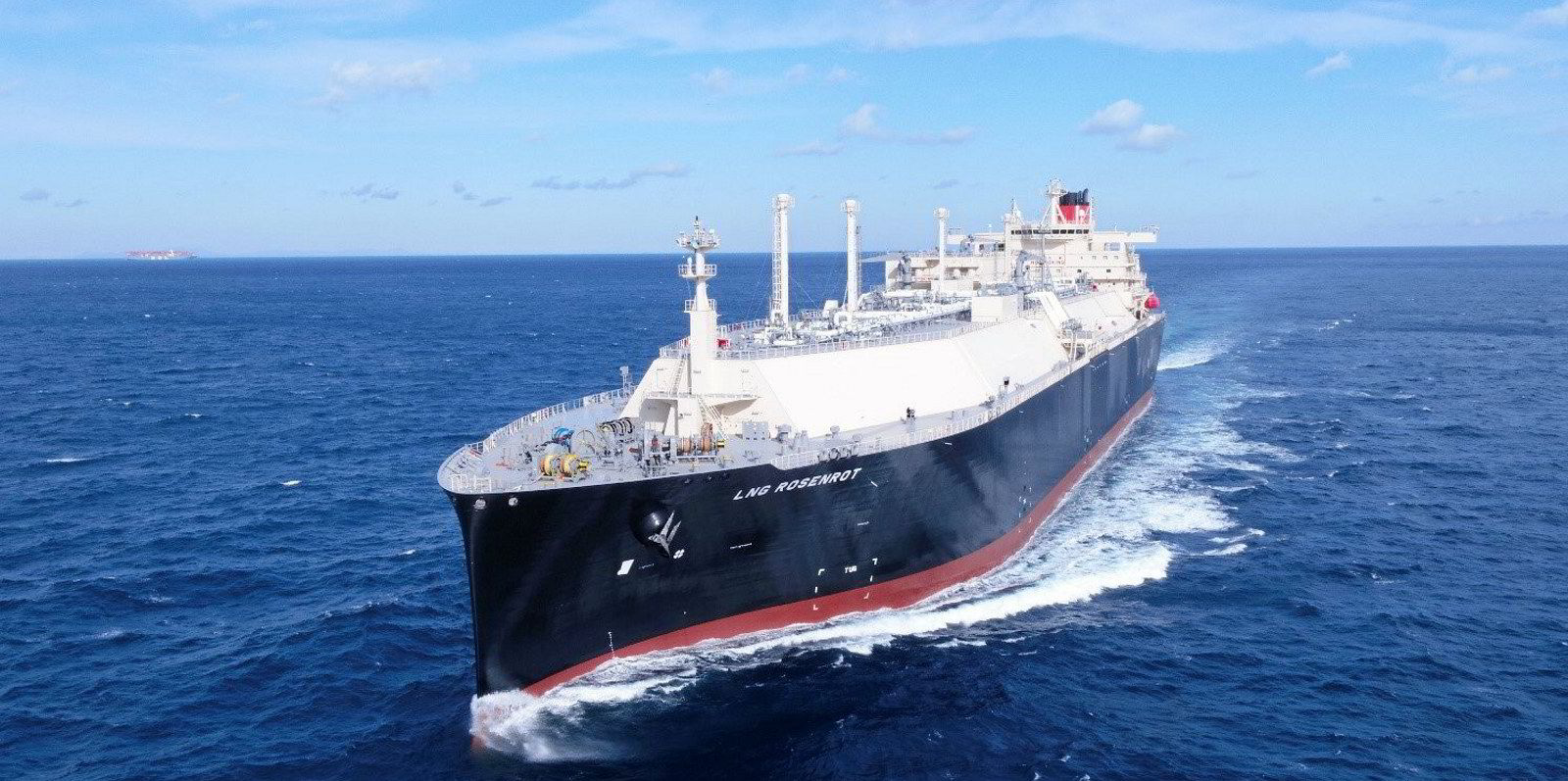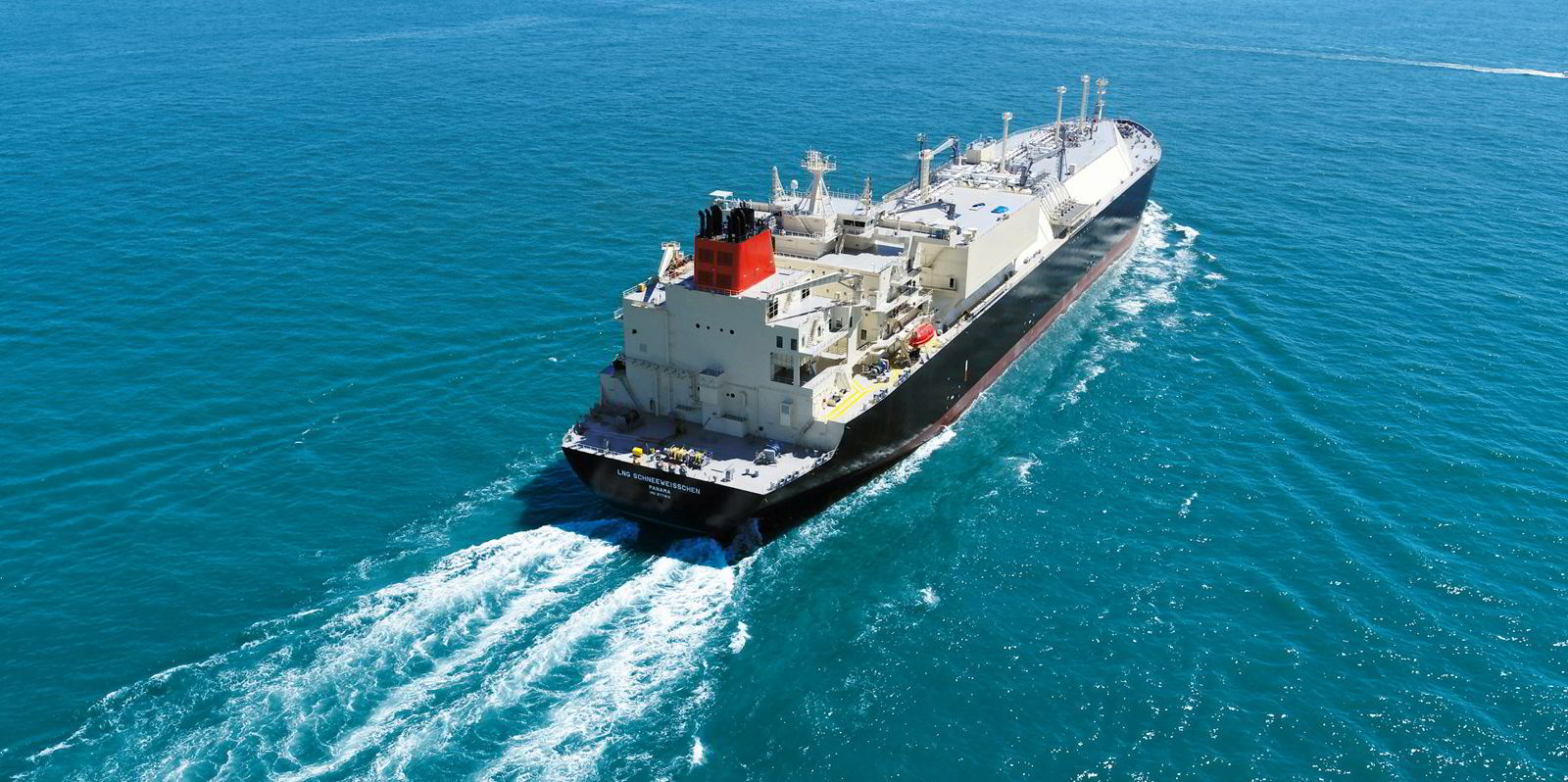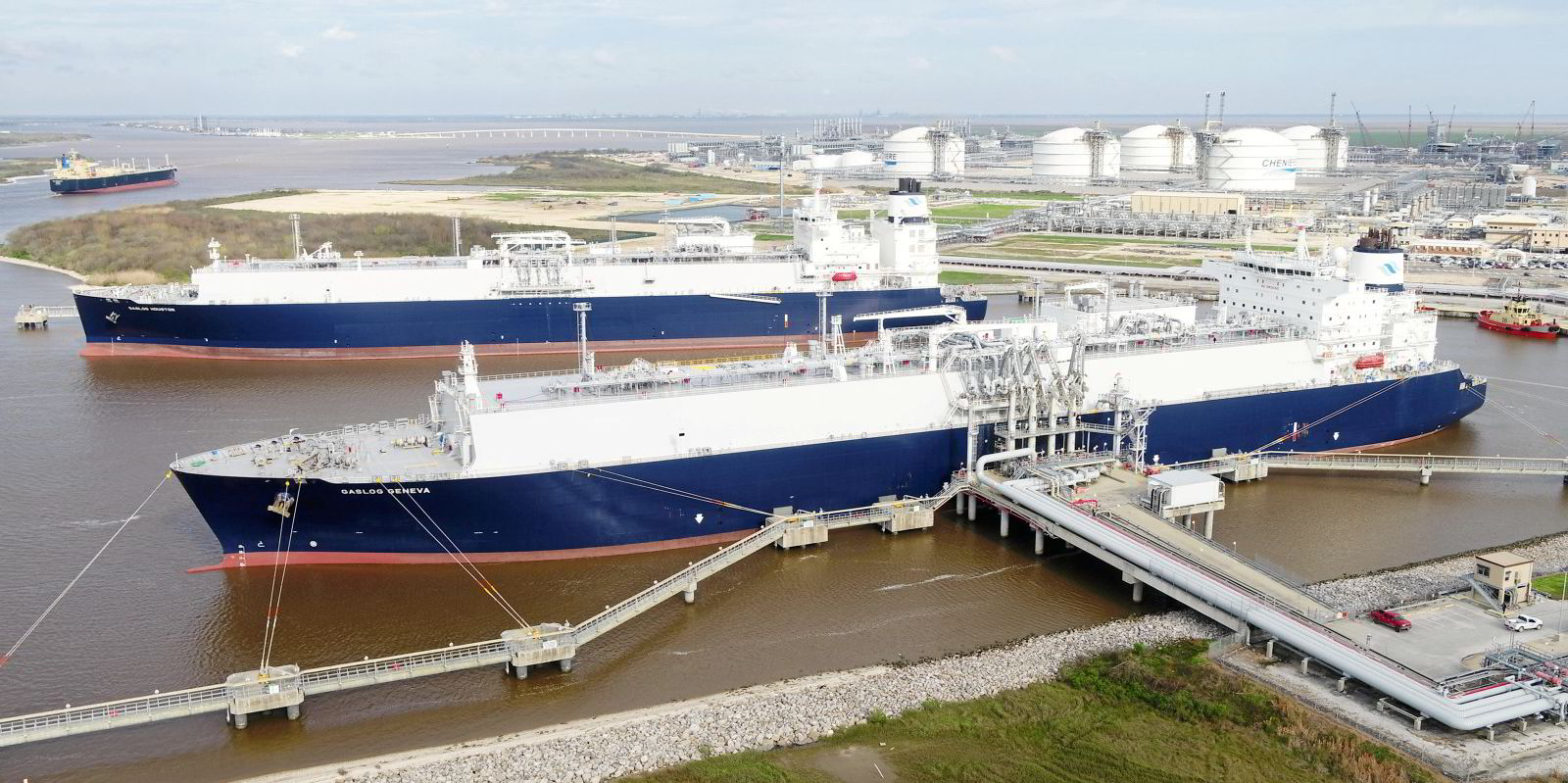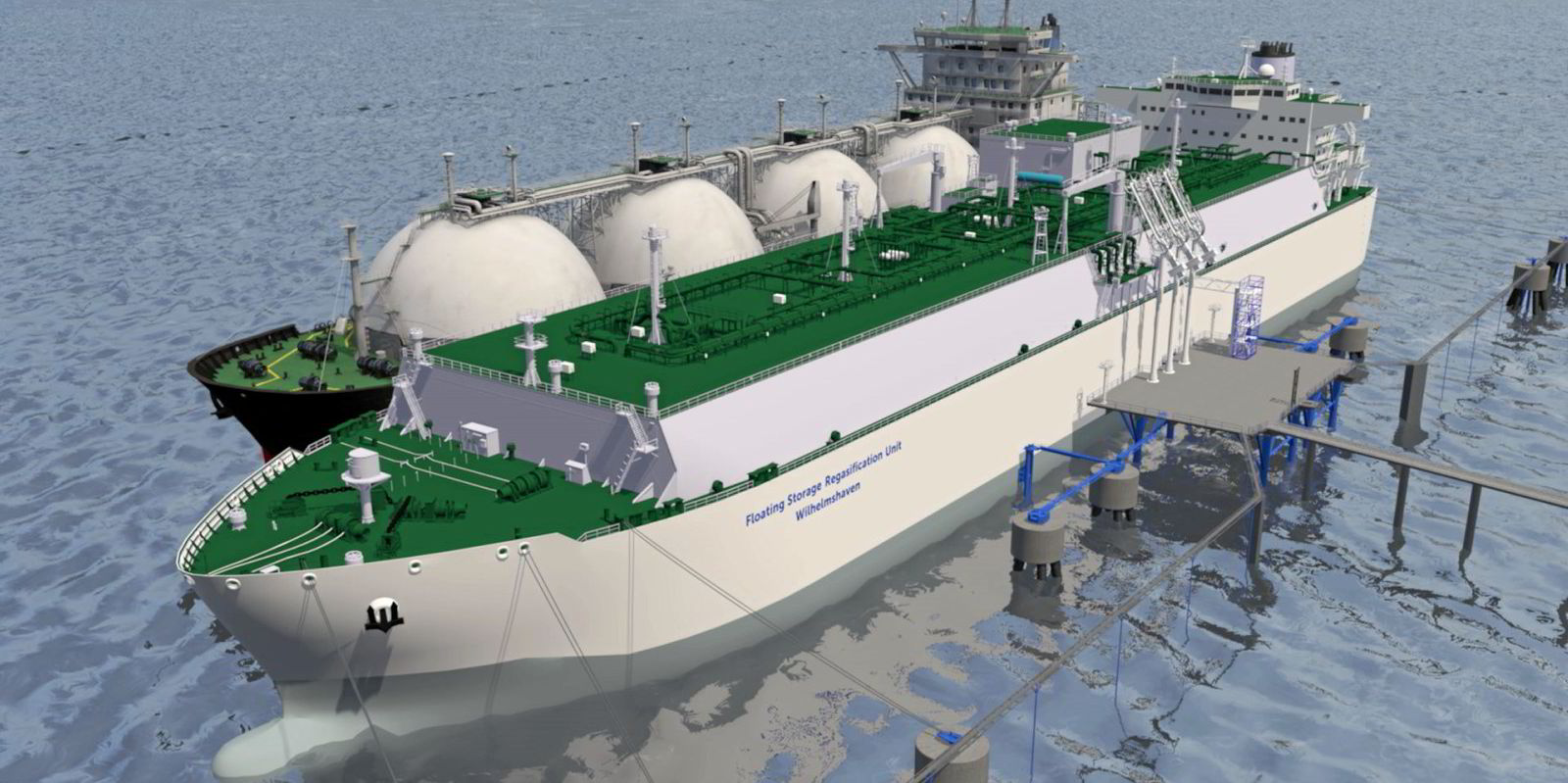German energy company Uniper ramped up its LNG cargo trading last year by almost 68% as it pursues the commodity as a “strategic growth area”.
Uniper said it traded 225 cargoes in 2020, a big jump on the 134 recorded in the previous year.
The Dusseldorf-headquartered company said it had seen particularly strong growth in the Asia-Pacific region with two-thirds of its volumes traded in this area last year.
Uniper said it took delivery of the 180,000-cbm newbuilding LNG Rosenrot on 28 January from South Korean yard Daewoo Shipbuilding & Marine Engineering.
The vessel is owned by a joint venture of Mitsui OSK Lines and Itochu Corp.
Uniper did not detail the charter period for the vessel other than to say the contract covers “multiple trips”. The vessel has previously been reported fixed to the company for 10 years.

“This second transport contract with MOL has increased the LNG transport capacity available to Uniper and will help the company to grow its presence in the LNG sector, while also increasing the flexibility of its LNG portfolio,” the company said.
Increasing Asia demand
Uniper added that it is seeing increased demand for shipping capacity in the Asian market.
The company, which has a stated aim of becoming carbon-neutral in Europe by 2035, also has the 180,000-cbm LNG Schneeweisschen (built 2018) on a long-term charter of up to 20 years. That ship is also owned by MOL and Itochu.
Brokers said Uniper, which takes in around 20 LNG vessels a year on charter, is chartering in another two Golar LNG-controlled vessels.
However, it recently postponed on another newbuilding with MOL.
Uniper is rethinking long-held plans to build an LNG terminal at Wilhelmshaven in northern Germany. However, it has put the planned Q-Max size floating storage and regasification unit agreed for this project on ice.
Uniper board member and chief commercial officer Niek den Hollander said: “LNG is helping to diversify gas sources around the world and strengthen both competition and security of supply — especially in European markets and in Germany, where reliance on certain supply regions is the subject of much discussion.”
Den Hollander pointed to LNG's growing role as an import in Europe.
“As the production of natural gas in Europe continues to undergo a significant decline, the demand for imported natural gas will increase considerably in the coming years,” he said.






